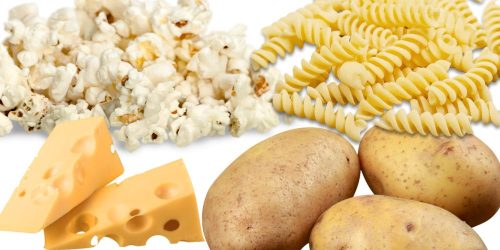Could Dogs Survive Without Their Humans?
That is a question being asked of biologists…Not sure why this is a question, but it now begs an answer, could our fur babies survive in a world if humans just stopped existing?
Cats, would be fine with their natural hunting skills and their not-so-friendly personalities.
But dogs, so utterly dependent on people for everything from food to how and when they poop, could they live without us scratching their belly everyday?
Humans have, in effect, set up dogs to fail, or at least be totally dependent on their owners, says the biologists.
Humans constantly grooming their dogs mean that the temperature-controlled environments has basically made a dog’s coat, designed for specific environmental conditions, is meaningless (other than aesthetically).
The authors of this research placed much of the blame for dogs’ lack of survival skills on people, and not just because of their cushy living conditions. Breeding has inflicted a lot of damage on canines’ viability as a species.
Basically, everything we’ve passed along to dogs, has made them weaker and less likely to be able to survive on their own if they had to.
An article from the New York Post states, that dogs were first domesticated sometime between 40,000 and 15,000 years ago, according to archaeological data, and there are roughly 1 billion of them on the planet today, making them one of the most populous species on Earth.
Although just 471 million of those dogs are pets, humans spent a record $103.6 billion on their care in 2020, according to the American Pet Products Association.
According to the report, the dogs most likely to survive will be (or will become) mutts, resembling today’s feral dogs, with a medium build, pointy ears, long snouts and reddish/brownish, medium length fur. Nothing that would win Best in Show at Westminster, but a dog that would easily out-survive purebreds.
After centuries of living among humans, dogs have become keen observers of human behaviour. They’ve learned “through trial and error how best to shape their own responses to get what they need from us or to avoid unpleasant experiences,” say the biologists.
Beat FOMO by being in the know!
Sign up for our newsletter today and never miss a beat.








